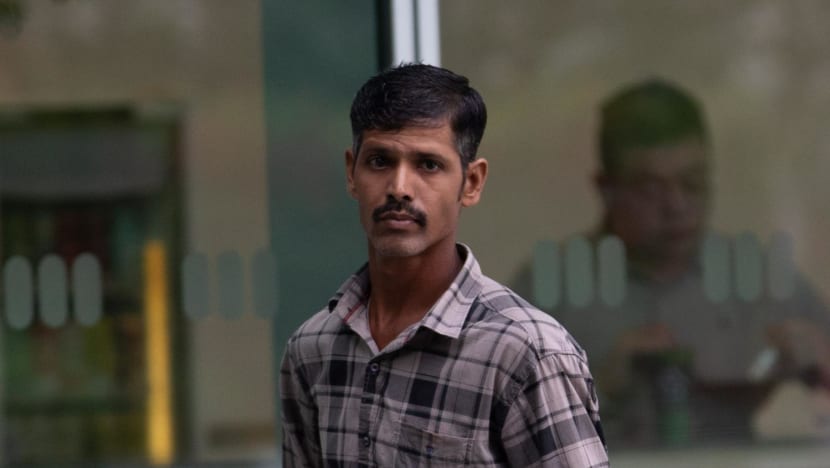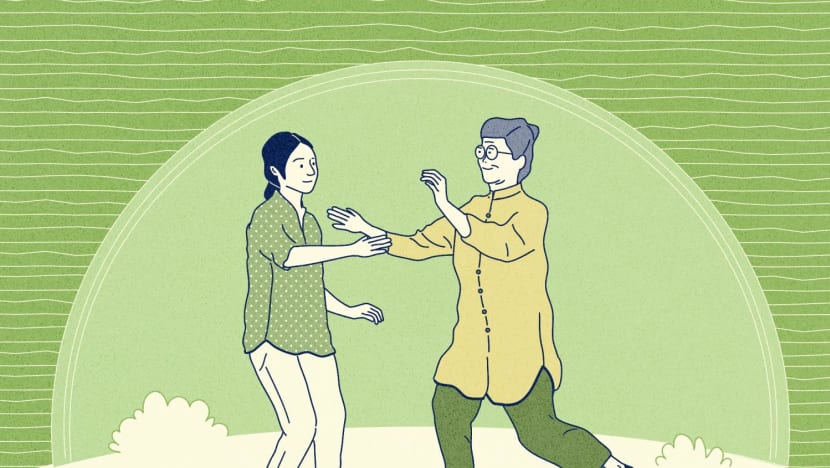CNA Today - With several farms closing or struggling to break even, what is the future for agriculture in Singapore?
Without a large amount of capital, very few agriculture startups are able to come up with a business model that allows them to survive. It may be time to reassess the role that high-tech farming can play in Singapore’s ongoing quest for food security.

This audio is generated by an AI tool.
These days, when wide-eyed entrepreneurs in Singapore approach agri-tech consultant Lionel Wong for help with starting their vertical vegetable farming business, his advice tends to be: “Don’t do it.”
Not that Mr Wong lacks passion for the business. The co-founder of Upgrown Farming has been in the agriculture industry for over a decade, years before the nation touted its ambitious “30-by-30” goal of producing 30 per cent of its nutritional needs by 2030.
In that time, he has seen his fair share of startups dive into the high-tech farming hype, only to drag themselves out of the soil with their pockets significantly lighter.
Without a large amount of capital, very few are able to come up with a business model that allows them to survive, Mr Wong believes.

He told CNA TODAY: “(High-tech) farming is not the devil here, it’s just a tool – and knowing how to use this tool is the responsibility of the business owner.”
In high-tech farming, science and technology are often integrated to replicate natural environments while optimising growth conditions, allowing farms to grow more food faster, better and with less.
It has been heralded as a key pillar in growing local produce in land-scarce Singapore.
However, despite millions of dollars allocated to various funds, grants and research and development (R&D) programmes to grow the nation’s nascent agricultural industry, it does not appear to have yielded the desired tangible output.



The proportion of locally grown vegetables and seafood has dropped for two consecutive years, with only hen shell egg production bucking the trend slightly.
Furthermore, clouds of doubt have gathered over once-promising developments in vertical farming — the system of cultivating crops in vertically stacked layers.
In 2022, VertiVegies scrapped plans to construct its indoor farm in Lim Chu Kang. Then local indoor farm I.F.F.I closed its mega 38,000 sqm facility in Tuas in April 2024. Sky Greens is also scaling down its operations, with many of its greenhouses reportedly torn down.
local indoor farm I.F.F.I closed its mega 38,000 sqm facility in Tuas in April 2024. Sky Greens is also scaling down its operations, with many of its greenhouses reportedly torn down.
Worldwide, vertical farm startups with once-high valuations such as Agricool, Kalera and Aerofarms have also faced heavy losses and filed for bankruptcy, in part due to unsustainable business models. Venture capital investments into the agri-tech space have fallen by 60 per cent since late 2021.
In the aquaculture space, things have not gone swimmingly either for local firms.
This video is playing in picture-in-picture





